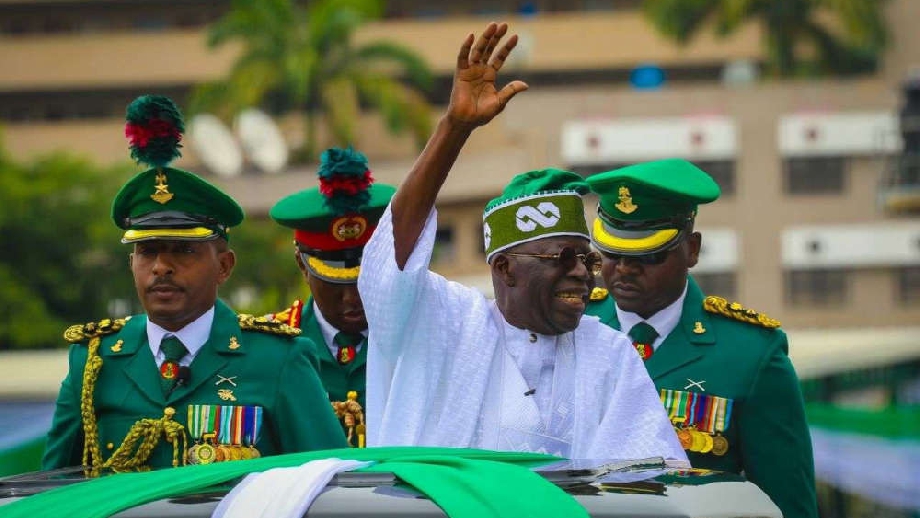Hardship: FG release ₦570bn grants to state governments
In response to widespread outcry over hunger and hardship in the country, the Federal Government announced the release of ₦570 billion to the 36 states to enhance livelihood support for their citizens.
During his address on Sunday, President Bola Tinubu revealed that the Federal Government accumulated ₦9.1 trillion in total fiscal revenue in the first half of 2024, representing a substantial increase compared to the earnings of the previous administration.
“Also, more than N570bn has been released to the 36 states to expand livelihood support to their citizens, while 600,000 nano-businesses have benefitted from our nano-grants. An additional 400,000 more nan0-businesses are expected to benefit,” the President stated.
The President explained that Nigeria’s debt burden has been reduced, with the revenue spent on debt service decreasing from 97 percent in 2023 to 68 percent in 2024.
He stated that the country has settled legitimate outstanding foreign exchange obligations of about $5 billion “without any adverse impact on our programs.”
According to the President, this debt reduction has provided the country with greater financial freedom, allowing for increased spending on essential social services such as education and healthcare.
Despite Nigeria’s abundant oil and gas resources, he noted that his administration inherited a country that was not only reliant on oil but also neglected its gas resources while subsidizing fuel costs.
This situation, he said, prompted his administration’s investment in Compressed Natural Gas.
“Fellow Nigerians, we are a country blessed with both oil and gas resources, but we met a country that had been dependent solely on oil-based petrol, neglecting its gas resources to power the economy. We were also using our hard-earned foreign exchange to pay for and subsidise its use.
“To address this, we immediately launched our Compressed Natural Gas Initiative to power our transportation economy and bring costs down. This will save over N2tn a month, being used to import PMS and AGO and free up our resources for more investment in healthcare and education,” Tinubu stated.
In his Sunday broadcast, President Tinubu stated that his administration is prepared to listen to and address the concerns of protesters involved in the nationwide demonstrations that began on August 1, 2024.
Regarding the revenue increase in the first half of the year, the President attributed it to efforts in blocking leakages, introducing automation, and mobilizing funding creatively, all without placing an additional burden on the people.
He noted that productivity in the non-oil sector is gradually increasing, reaching new levels, and capitalizing on the opportunities presented by the current economic environment.
He said, “In the past 14 months, our government has made significant strides in rebuilding the foundation of our economy to carry us into a future of plenty and abundance.
“On the fiscal side, aggregate government revenues have more than doubled, hitting over N9.1tn in the first half of 2024 compared to the first half of 2023 due to our efforts at blocking leakages, introducing automation and mobilising funding creatively without additional burden on the people.
“Productivity is gradually increasing in the non-oil sector, reaching new levels and taking advantage of the opportunities in the current economic ambience,” Tinubu said.
He said his administration would distribute one million kits of extremely low or no cost to commercial vehicles that transport people and goods, and who currently consume 80 per cent of the imported petrol and diesel.
“We have started the distribution of conversion kits and setting up of conversion centres across the country in conjunction with the private sector. We believe that this CNG initiative will reduce transportation costs by approximately 60 per cent and help to curb inflation,” Tinubu disclosed.
While licensed individuals have been importing diesel into Nigeria, the Nigerian National Petroleum Company Limited remains the sole importer of petrol into the country.
Despite being the largest oil producer in Africa, Nigeria depends on imported petroleum products due to low refining capacity.


